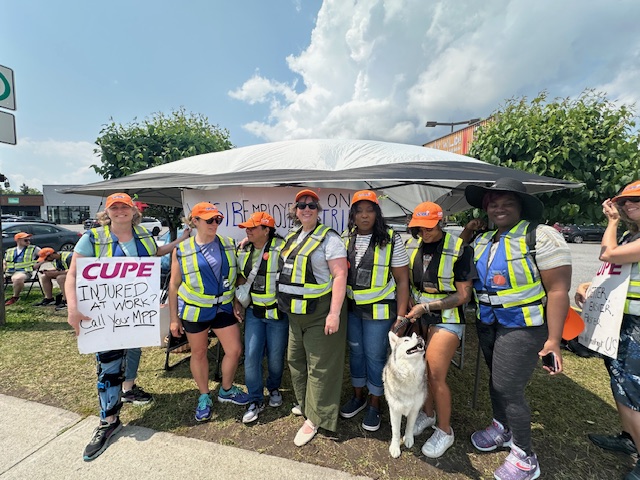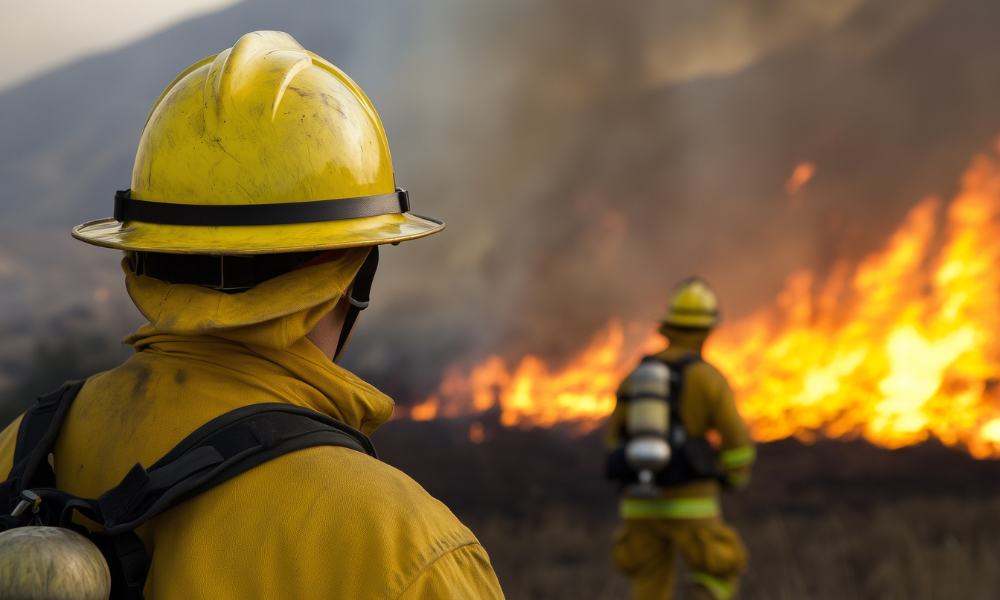‘The disproportionate numbers we see between the LGBTQI2S community and the general population is really quite astonishing’

LGBTQI2S workers are being hit harder by the COVID-19 coronavirus pandemic compared to the rest of the country, according to a new survey from Egale Canada and Innovative Research Group (INNOVATIVE).
More than half (53 per cent) of the LGBTQI2S community say that they or someone in their household has felt the impact of the pandemic on their job, whether through job loss or reduced hours, compared to 39 per cent for the rest of the country.
And though half of both the community (50 per cent) and the rest of Canada (51 per cent) are confident that they can get another job somewhere else if they wanted to, 33 per cent of the LGBTQI2S community do not feel confident compared to 25 per cent of the rest.
"Everyone has been impacted by the COVID-19 crisis, the disproportionate numbers we see between the LGBTQI2S community and the general population is really quite astonishing," said Jason Lockhart, vice president of INNOVATIVE. "We have only scratched the surface, but it is enough to signal that more research is needed with vulnerable communities to ensure that all Canadians are receiving the support they need during this difficult time."
Members of said community also feel that the pandemic has had a negative impact on their physical health (22 per cent vs. 20 per cent for the rest of Canada) and mental health (42 per cent vs. 30 per cent for the rest of Canada) so far. They are also more negatively affected when it comes to household finances (39 per cent vs. 25 per cent for the rest of Canada) and overall quality of life (47 per cent vs. 40 per cent for the rest of Canada).
And in two months, the LGBTQI2S community will still be worse off compared to the rest of the country in physical health (39 per cent vs. 30 per cent for the rest of Canada), mental health (58 per cent vs. 42 per cent for the rest of Canada), household finances (51 per cent vs. 42 per cent for the rest of Canada) and overall quality of life (64 per cent vs. 50 per cent for the rest of Canada).
"Every inch closer that we come to closing the data gap, is one step forward towards a more inclusive Canada,'' said Helen Kennedy, executive director at Egale Canada. "Our LGBTQI2S community is facing critical needs that show the potential to worsen over time – now is the time to be looking at the problems that are on the horizon, not just for LGBTQI2S people, but for everyone."
The survey had a sample of n=2,610 adult Canadians weighted by age, gender, region and sexual orientation using Statistics Canada’s 2016 Census data and the 2016 General Social Survey. It has an overall representative national sample size of 2,000 Canadians and a representative national LGBTQI2S sample size of 300.





